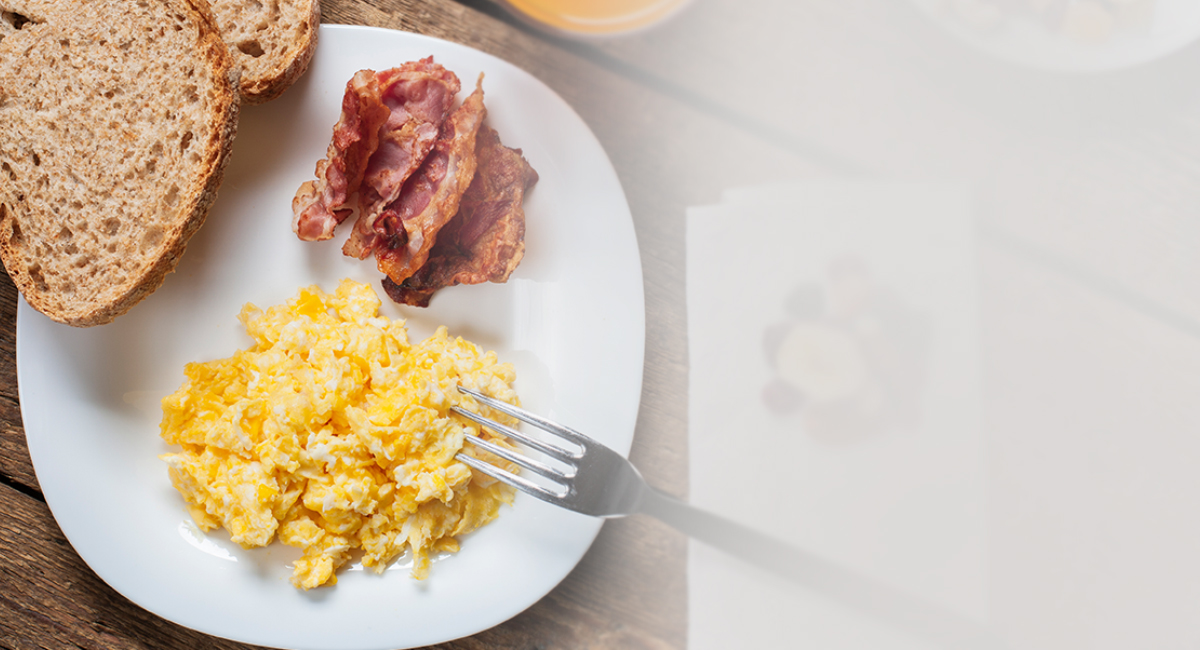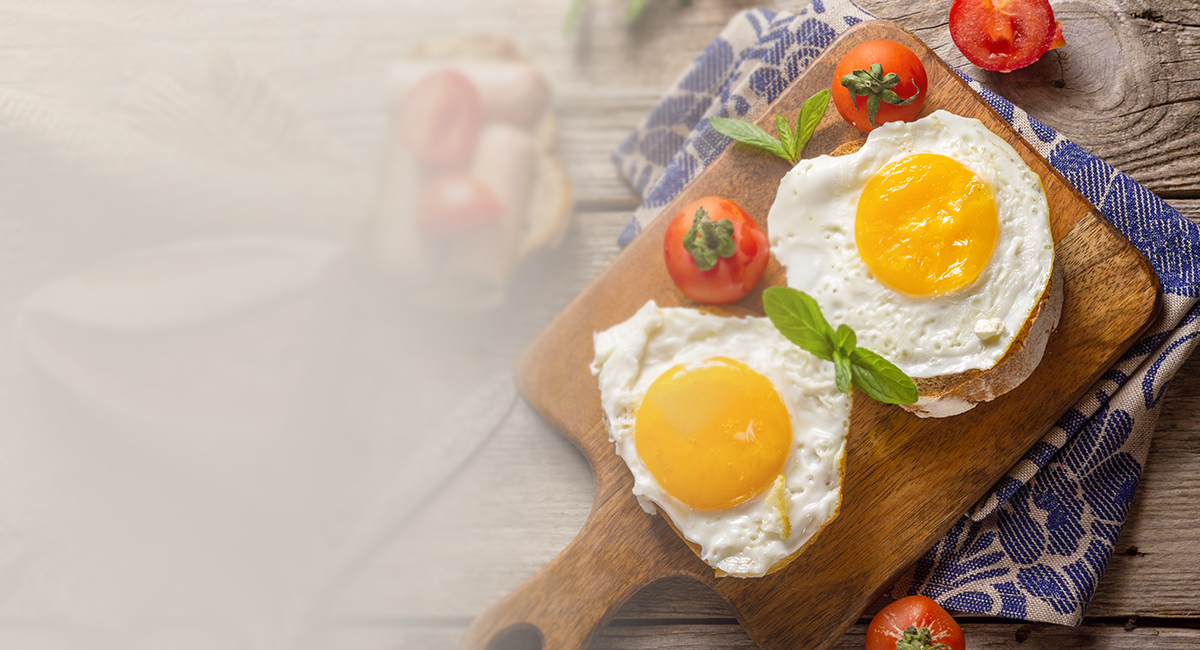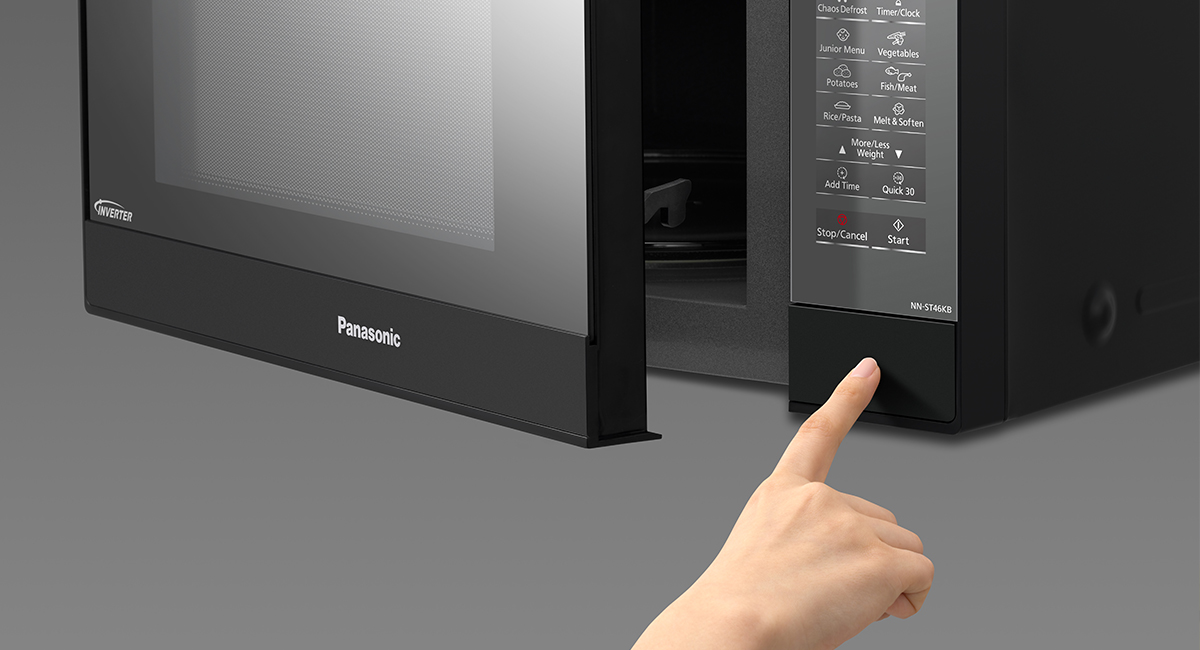How To Cook Eggs In The Microwave
No matter how busy your mornings are, cooking eggs should be the least stressful activity.

Instead of using the conventional approach of hauling over your frying pan, you simply pop them in the microwave oven and wait for them to cook. Whether you want your eggs scrambled, poached, boiled or omelettes, the microwave can make any eggs you would typically eat
Conclusion
1. Since microwaves are now a ubiquitous feature in most homes, they have proved their advantages over other methods of preparing food. Notably, in the preparation of eggs, microwaves have proved to be the most efficient methods because of the following reasons.
2. Since microwaves cook eggs at the boiling point of water, the temperatures are generally lower compared to cooking on a stove. Therefore, cooking eggs in a microwave oven eliminates the formation of tar and chars, which are carcinogenic.
3. As opposed to using direct heat for cooking eggs, microwave radiation quickly penetrates deeper into the egg to ensure that the inside cooks appropriately. When complemented with a turntable or stirrer, the eggs receive more even heating for proper cooking.
4. Generally, microwaves take minimal time to prepare eggs. As a result, the food retains more nutrients compared to conventional cooking on a stove that takes a lot of time and thereby depleting nutrients.
5. When preparing eggs in a microwave, the flames that characterise the stove are absent. So, even children can quickly use it to make their quick breakfast of omelette before rushing to school in the morning.
6. The microwave is an enclosed container, meaning that it will not produce any smoke that may spread in the house or office when cooking eggs.
7. Microwaves are ideal for use even among children because they don’t present any risks of burns. Typically, they heat food but remain cold themselves. While the cooked food will heat the dish on which it is placed, the extent of heat is mostly minimal when compared to conventional ovens and stoves.
8. When preparing eggs on a microwave, you can easily control the temperature. Consequently, the microwave oven enables you to have more control over making your eggs.
It is noteworthy to note that Microwave ovens vary. Determine if you are using a 900-watt microwave or a 1000- watt microwave. Depending on your microwave, cooking time may need to be adjusted.








